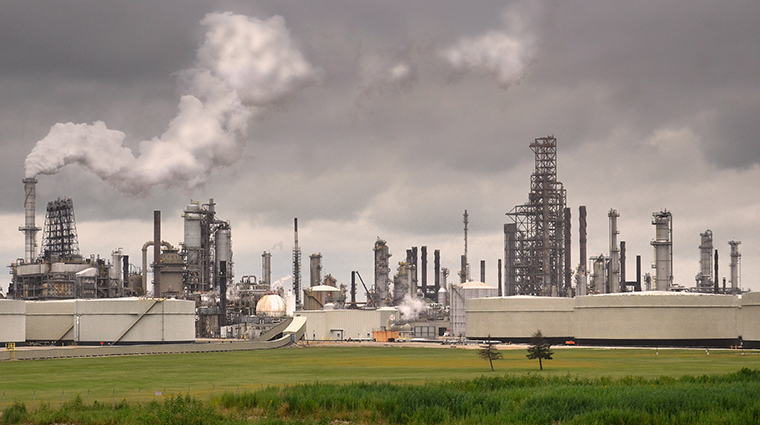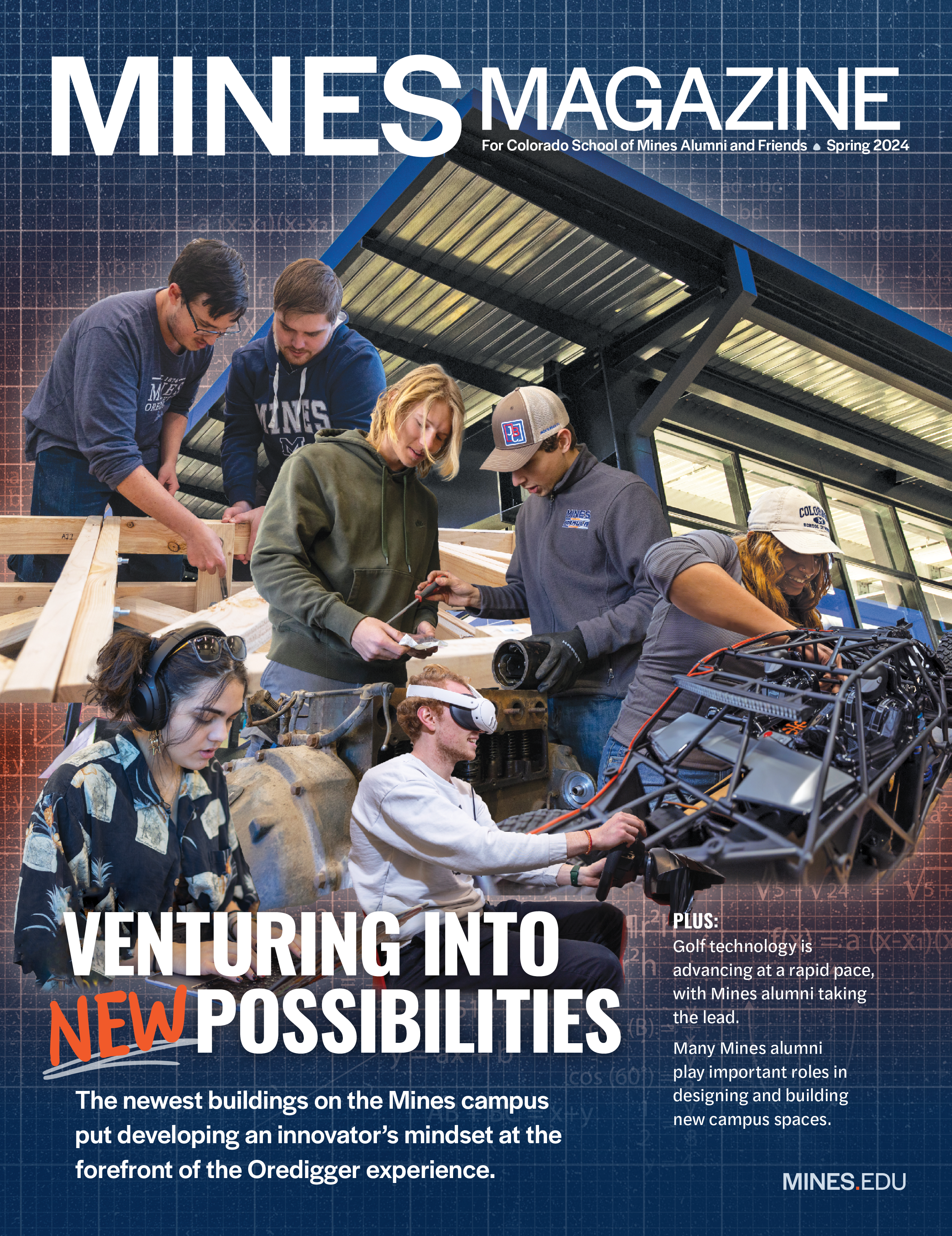Mitigating methane

Last fall, the United States and European Union announced the Global Methane Pledge, an initiative to reduce global methane emissions by 30 percent by 2030. With Colorado being an early leader in methane regulations and providing a model for the EPA’s proposed federal regulations, Mines experts are essential players in these solutions.
Mines hosted the inaugural Mines Methane Symposium earlier this year, bringing together thought leaders from industry, academia, think tanks and local and foreign governments to discuss the impacts, challenges and opportunities of methane management. The symposium provided a critical foundation for future decisions on technology and regulation for methane emissions with discussions on policy, measurements and standards, research and technology, and innovative solutions.
Here are a few notable points from the event’s keynote speakers.
The knowledge and experience we’ve been building over the years will be key to meeting future goals.
“If the 110 countries do succeed in meeting the Global Methane Pledge, our ability as an agency and our ability as a government to disseminate the know-how that we’ve accumulated may turn out to be the ‘secret sauce’ of that success. We’re continuing to support these programs and investing in them and work with our partners and recruit additional partners, because at this point, the stakes are even higher in the context of the Global Methane Pledge for our ability to generate experience and expertise and disseminate it.”
Joseph Goffman
Principal Deputy Assistant Administrator, Office of Air
and Radiation
U.S. Environmental Protection Agency
Despite the challenges, these moves are going to give the U.S. energy industry a competitive advantage.
“It’s going to be a challenging environment going forward. We’re a business that manages risks. We also see this as a competitive advantage from the U.S.’s point of view. Here in the U.S., you’ve got EPA, you’ve got companies that are thinking about this as a priority. And we think over the medium term as throughout Europe, they’re thinking about what the mix is going to look like, what’s going to be the role of natural gas in the transition to a lower carbon economy. Having this kind of transparency and also efforts to reduce emissions is going to be a competitive advantage for the energy sector in the U.S.”
Chris Smith
Senior Vice President, Policy, Government and Public Affairs
Cheniere Energy
The example Colorado has set has and will continue to provide a model for the U.S. and the world in regulating methane emissions and leading the energy future.
“It’s easy to see that Colorado is a pioneer on so many of these issues related to methane. So much so that our methane rules have continued to serve as a role model for the EPA and other states, and we’re setting the bar high for national standards. We have institutions like NREL and the School of Mines, whose deep, cross-cutting expertise is enabling responsible and affordable energy transitions. Colorado and the whole Rocky Mountain West—the whole west of the United States—are best when we lead, and we need to build on our successes. We need to look at where the energy transition is heading—and I think the trends are clear—we have got to get there first.”
John Hickenlooper
U.S. Senator
Check out the full discussion at payneinstitute.mines.edu/event/mines-methane-symposium.





